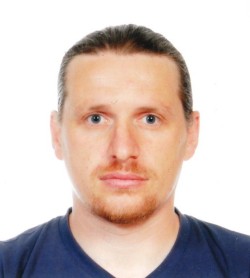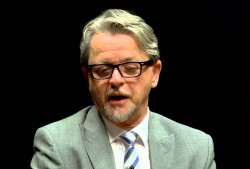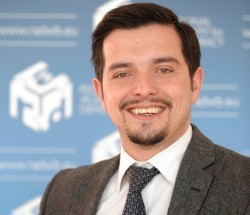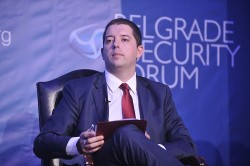Session 1: Kosovo and Serbia – How Much Longer Before Normality?
In partnership with: the Council for Inclusive Governance (cigonline.net)
Sixteen years after the end of the Kosovo conflict and two years after the signing of the Brussels Agreement, the normalization of relations between Belgrade and Prishtina is still questionable. Both Serbia’s and Kosovo’s EU perspectives are highly dependent on the success of the agreement between the two governments which should lead to the opening of the EU negotiating chapters in Serbia’s case and visa liberalization for Kosovo. However, two years have been necessary for the two parties to agree upon provisions originally part of the Brussels Agreement. The obstacles to normalizations have been many – the status of the Association of Serbian Municipalities in Kosovo, energy and telecommunications and ownership of companies undergoing privatization in Kosovo have been some of the major issues – and others seem to appear. Serbia is intent on preventing Kosovo’s membership of different international organizations – especially UNESCO and Interpol. The Oliver Ivanović case has risen to the fore along with the (resolved?) creation of a Special Court. However, the further we distance ourselves from the level of high politics the better the situation seems. Trade between Serbia and Kosovo – still a “gray market” to a considerable extent – has been finally recognized by the elites as an important contributor to growth, with chambers of commerce establishing cooperation. To this end, meetings between businesspeople from both sides have occurred in the recent past; lost connections are being reestablished and the new ones created. The economy can definitely contribute to normalization on the large scale but can it be the only driving force of this process?
Discussion topics:
- How to speed up the process of normalization between Belgrade and Prishtina?
- Can the populations afford to wait for another 5, 10 or 15 years?
Speakers:
Marko Đurić‚ Director, Government of Serbia Office for Kosovo and Metohija
Ramadan Ilazi‚ Deputy Minister of European Integration, Government of Kosovo
Samuel Žbogar‚ EU Special Representative in Kosovo
Gordana Čomić‚ Deputy Speaker of the National Assembly,Serbia
Ilir Deda‚ Member of Assembly of Kosovo (Self-Determination Movement)
Dukagjin Gorani‚ Chairman, Common Voice, Kosovo
Ljubiša Mijačić‚ Researcher and Advisor on Project Development, Zubin Potok
Moderator: Alex Roinishvili Grigorev‚ President, Council for Inclusive Governance








